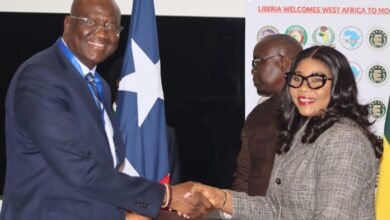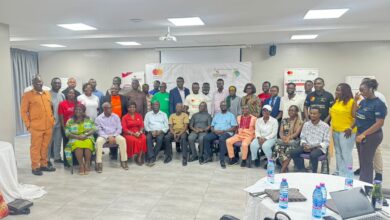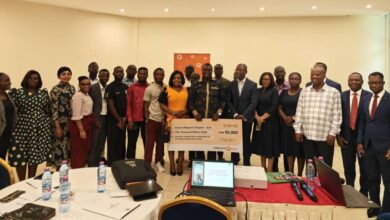Collaborate in Fight Against Illicit Financial Flows- Media told
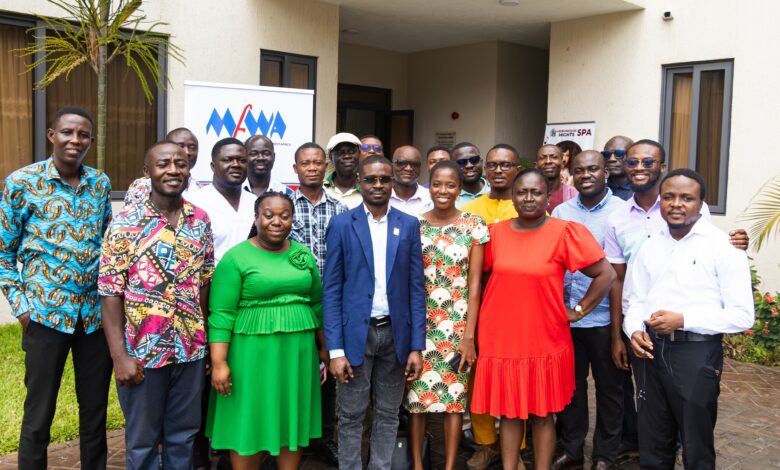
The Ashanti Regional Head of the Economic and Organised Crime Office (EOCO), Edward Cudjoe, has called on journalists to play a proactive role in the fight against Illicit Financial Flows (IFFs), which continue to deprive Ghana of millions of dollars each year.
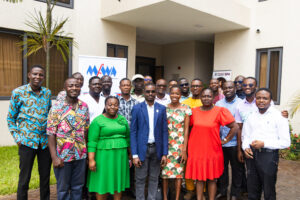
Speaking at a two-day training workshop on Illicit Financial Flows and Progressive Taxation for journalists in Kumasi, Mr. Cudjoe emphasized the critical role the media plays in informing the public and shaping national discourse on economic crimes. The event, aimed at equipping journalists with the knowledge to identify and report on illicit financial activities, brought together media professionals from across the region.
The event which was organized by the Media Foundation for West Africa (MFWA), with support from Oxfam-Ghana, Ministry of Foreign Affairs of Denmark aimed at enhancing the knowledge and skills of journalists in effectively reporting on IFFs, progressive taxation policies, and their impacts on Ghana’s domestic revenue mobilization.
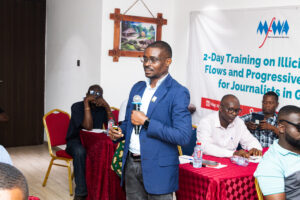
“Illicit financial flows are getting bigger, and Ghana is not exempt,” Mr. Cudjoe stated. “These flows drain the country of valuable resources—funds that could be used to provide education, healthcare, and infrastructure for our people.”
He explained that IFFs occur through various illegal or abusive means, including tax evasion, money laundering, corruption, and the exploitation of loopholes in the tax system. Often, funds are moved through complex schemes involving tax havens, shell companies, and informal systems that leave no paper trail—making detection and enforcement difficult.
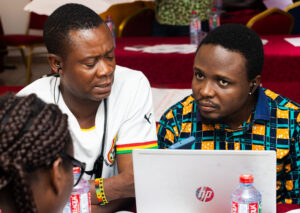
“It is not a failure of our laws,” Mr. Cudjoe said. “Rather, it’s a combination of weak enforcement, abuse of tax avoidance mechanisms, and in some cases, outright complicity. When people move money illegally out of the country, it’s not just a financial loss; it becomes a national security threat.”
He warned th
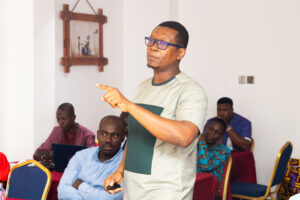 at illicit funds can be used to finance armed conflict, terrorism, or other destabilizing activities. In some cases, funds re-enter the country under the guise of charity or aid, making it even harder to trace their origins.
at illicit funds can be used to finance armed conflict, terrorism, or other destabilizing activities. In some cases, funds re-enter the country under the guise of charity or aid, making it even harder to trace their origins.

The EOCO official underscored the importance of public education and awareness. “When journalists understand how these flows work, they can tell the story better—exposing not only the actors but also the systems that allow them to thrive,” he noted. “By reporting on these issues, you help to close the channels that facilitate illicit transfers and empower citizens to demand accountability.”
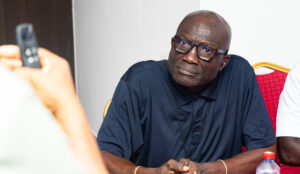
Mr. Cudjoe also highlighted EOCO’s efforts to become more transparent and accessible to the public. Unlike in the past, he said, the agency now operates a Public Affairs Unit, maintains a website, and engages actively with the public on social media platforms like Facebook and X (formerly Twitter).
“We are no longer a ‘closed-door’ agency,” he said. “We want the public to know what we are doing, who we are looking for, and how they can support our work.”
He stressed that no single institution can combat IFFs alone. “This fight requires collaboration—between law enforcement, the media, and other state institutions. Only by working together can we begin to turn the tide.”
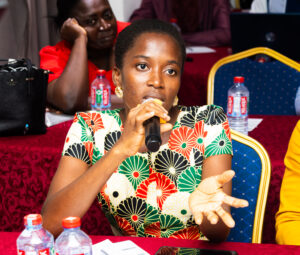
The training workshop forms part of interventions by the MFWA to enhance knowledge, raise awareness and equip journalists with the relevant knowledge and skills needed to effectively report on the impact of about Illicit Financial Flows (IFFs) progressive taxation policies and administration and its impact on Ghana domestic revenue mobilisation.
“This training is part of the MFWA’s project titled: “Strategic Partnership Initiative for Ghana and West Africa” funded by the Danish International Development Agency (DANIDA)/Ministry of Foreign Affairs of Denmark through OXFAM in Ghana,” Mr. Gozo emphasized



